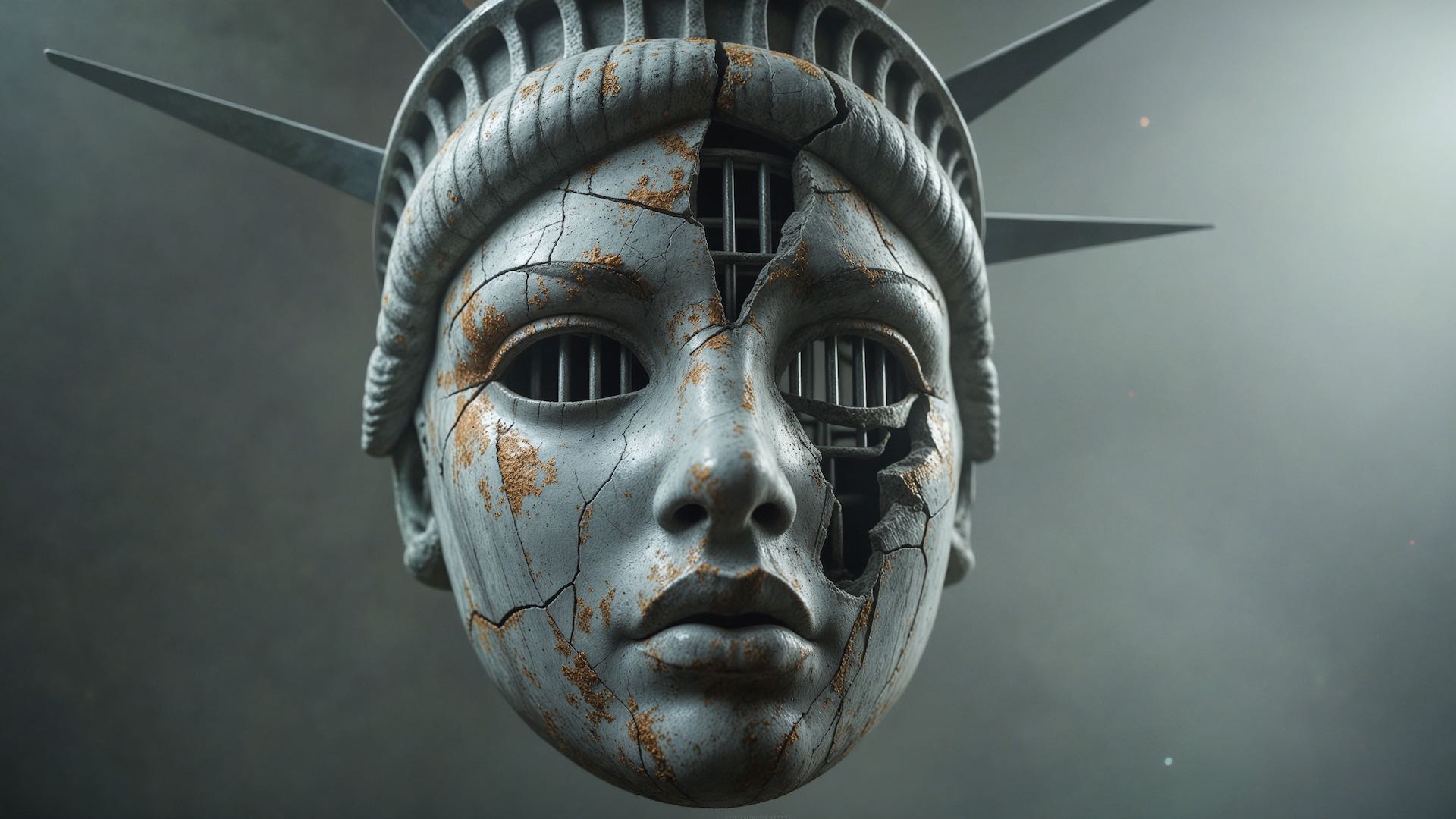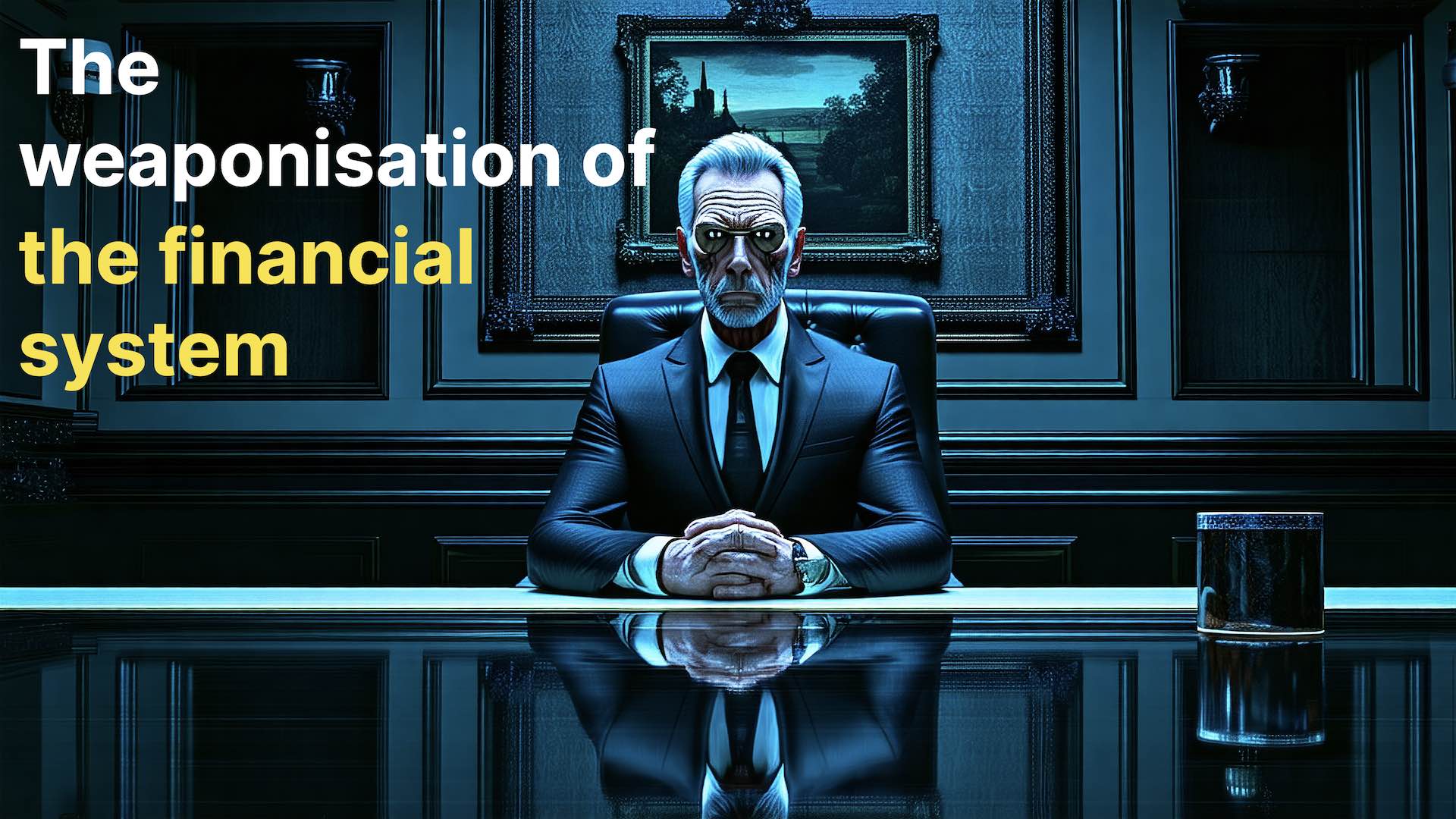
How the Easter Parade Never Ended
- Martin Enlund
- 12/12/25
Using words to influence behaviour is not a new phenomenon. However, the scale, speed, and precision with which language can be used as a weapon IS new. Today, researchers using AI wish to use “well-formed linguistic input” to cure depression. But an algorithm that can formulate a cure can, just as easily, formulate a poison.

Anonymous accounts on social media – a threat to democracy?
- Martin Enlund
- 10/22/24
It was recently reported that Sweden’s Minister for Culture, Parisa Liljestrand, wishes to put an end to anonymous accounts on social media. The issue has been at the forefront following revelations of political parties using pseudonymous accounts on social media platforms earlier this year.
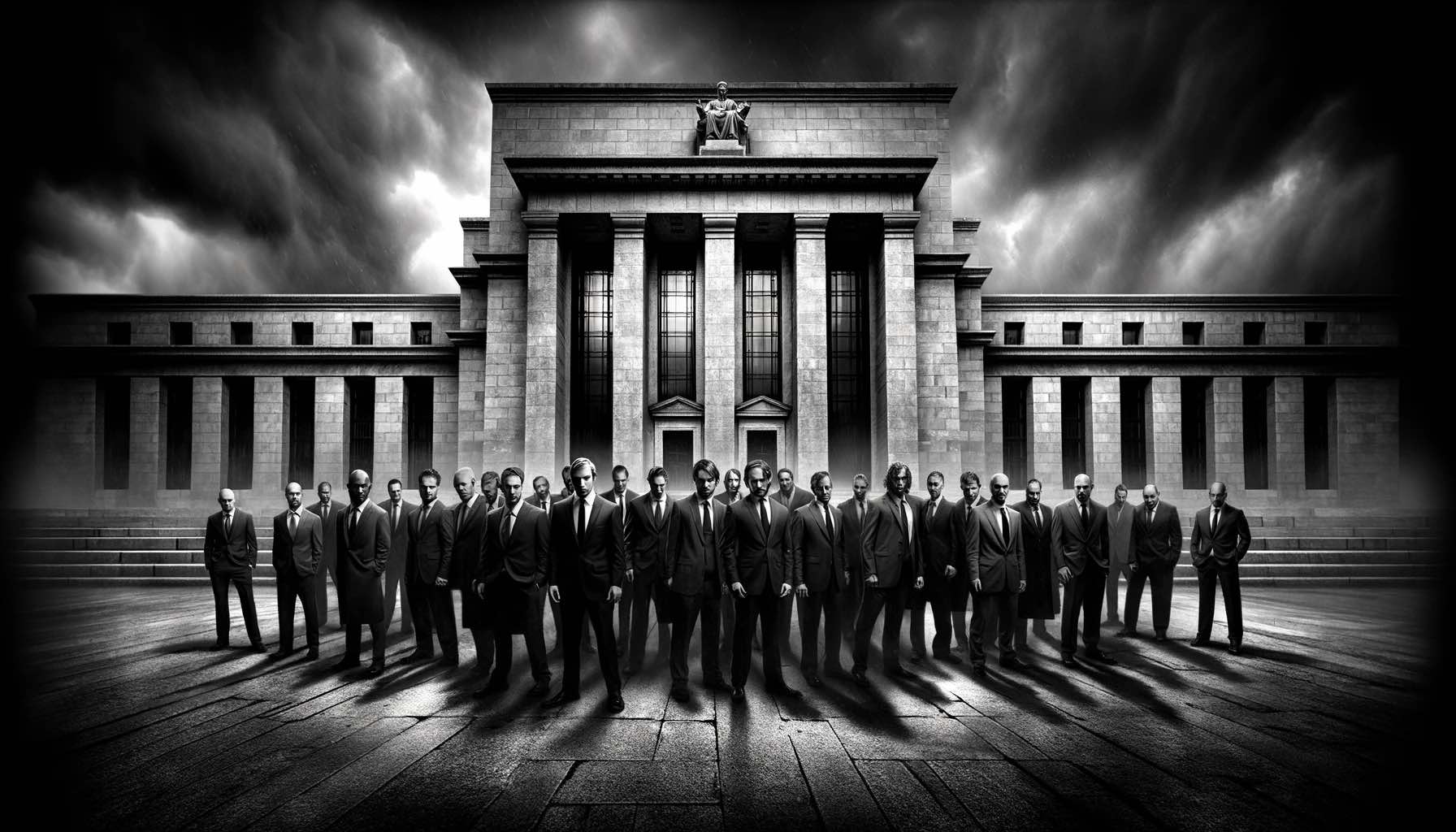
Central bankers talk the talk, but fail to walk the walk
- Martin Enlund
- 4/8/24
Trust is a topic increasingly being discussed. Whether it is trust in each other, in the media, or in our authorities, trust is generally seen as a cornerstone of a strong and well-functioning society. The topic was also the theme of the World Economic Forum at its annual meeting in Davos earlier this year. Even among central bank economists, the subject is becoming more prevalent. Last year, Agustín Carstens, head of the BIS (“the central bank of central banks”), said that “[w]ith trust, the public will be more willing to accept actions that involve short-term costs in exchange for long-term benefits” and that “trust is vital for policy effectiveness”.

The colour of the cat doesn't matter
- Martin Enlund
- 3/31/24
Jerome Powell, Chairman of the US Federal Reserve, stated during a hearing in March that the central bank has no plans to introduce a central bank digital currency (CBDCs) or consider it necessary at present. He said this even though the material Fed staff presents to Congress suggests otherwise - that CBDCs are described as one of the Fed’s key duties.

Bitcoin and the waterwheel
- Martin Enlund
- 3/31/24
Biologist Stuart Kauffman introduced the concept of the “adjacent possible” in evolutionary biology in 1996. A bacterium cannot suddenly transform into a flamingo; rather, it must rely on small exploratory changes (of the “adjacent possible”) if it is ever to become a beautiful pink flying creature. The same principle applies to human societies, all of which exemplify complex systems. It is indeed challenging to transform shivering cave-dwellers into a space travelers without numerous intermediate steps.
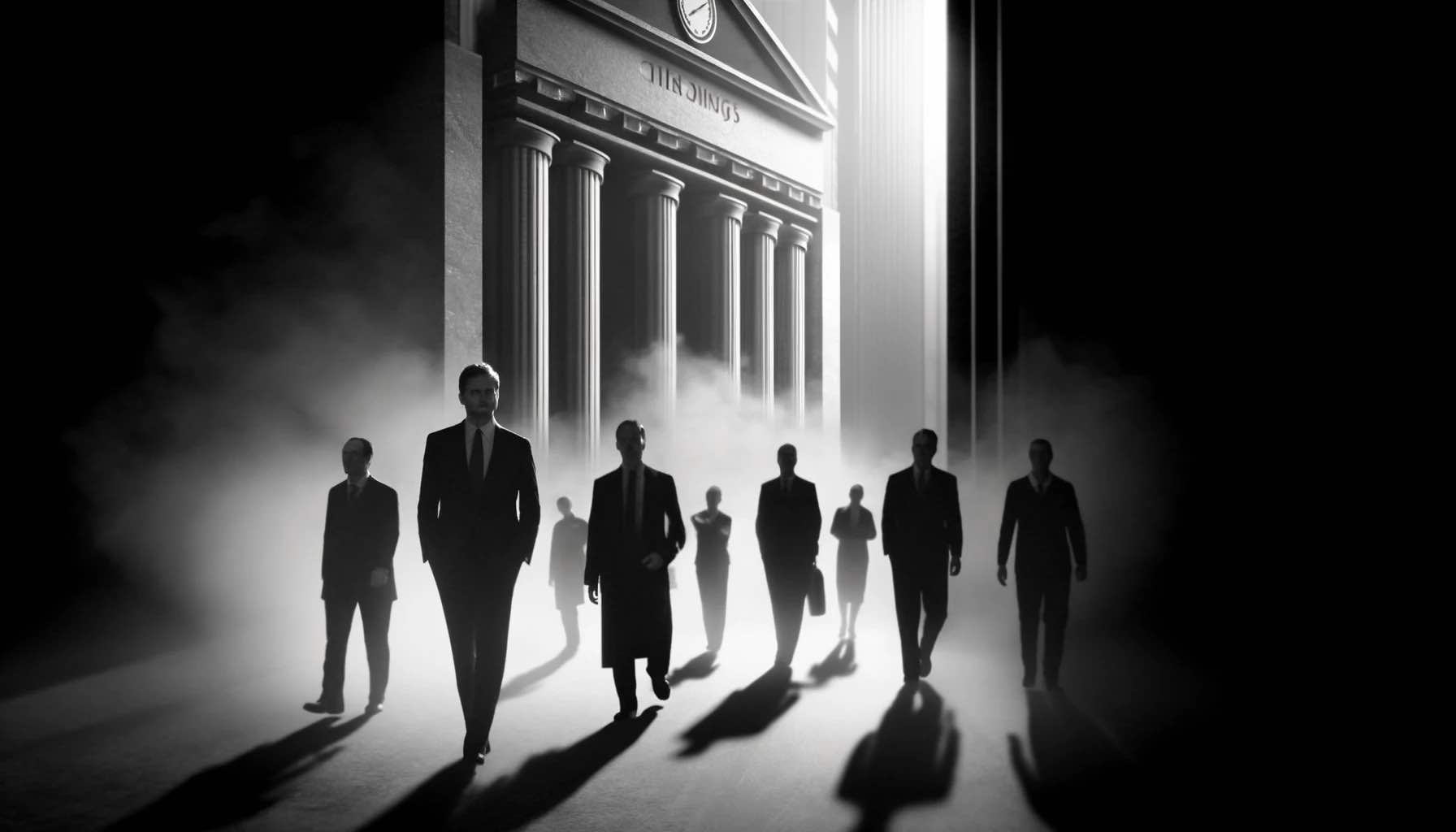
Pride comes before a fall
- Martin Enlund
- 3/31/24
The Governor of the Swedish Central Bank, Erik Thedéen, recently expressed significant skepticism about Bitcoin and cryptocurrencies as a phenomenon, dismissing Bitcoin as “an instrument for pure speculation.” He also pointed out that if there is no possibility to expose oneself to Bitcoin in the Swedish financial system, it might end up “more in criminal hands.” The European Central Bank is on the same track. In a recent blog post, they amused themselves by comparing Bitcoin ETFs to “the Emperor’s new clothes.”

KYC is the real terror
- Martin Enlund
- 3/21/24
It has become increasingly evident that our financial system has started undermine our constitutionally guaranteed freedoms and rights. Payment giants like PayPal, Mastercard, and Visa sometimes block the ability to donate money. Individuals, companies, and associations lose bank accounts — or struggle to open new ones. In bank offices, people nowadays risk undergoing something resembling being cross-examined. The regulations are becoming so cumbersome that their mere presence risks tarnishing the banks’ reputation.

Robbing the human race
- Martin Enlund
- 12/2/23
TL;DR: Contemporary regulations not only threaten internet giants with substantial fines if they fail in their censorship efforts, but also undermine truth itself according to one of history’s foremost proponents of liberalism. With so many eager censors at work, can our societies still be said to be liberal?
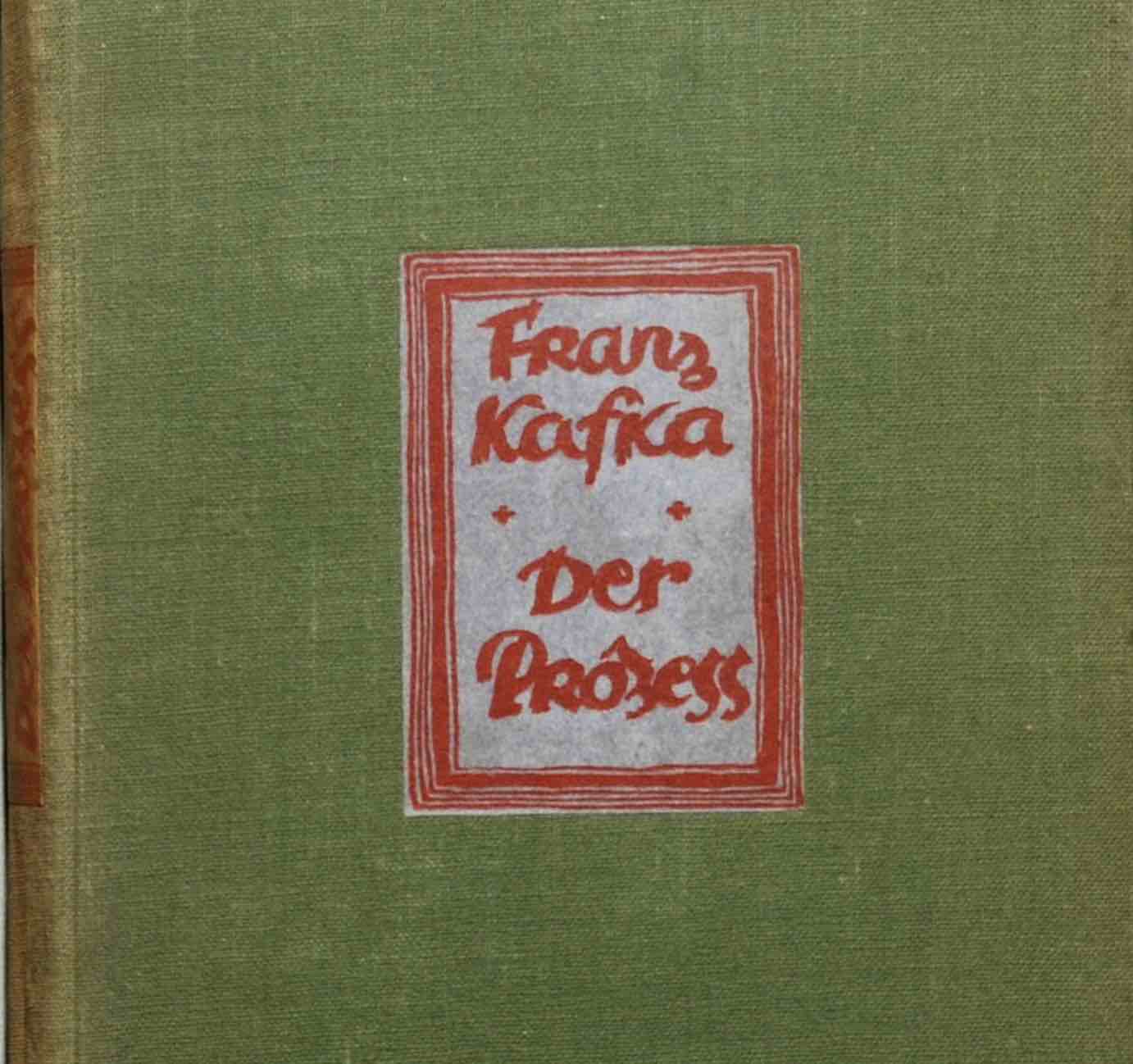
We are all Josef K
- Martin Enlund
- 11/24/23
TL;DR: We are increasingly treated like Josef K, the protagonist in Franz Kafka’s novel The Trial. Perhaps not by the usual legal system but within the ‘shadow judiciary’ of major corporations’ user agreements and the regulatory framework of the financial sector.

You will own nothing. And you will be unfree
- Martin Enlund
- 8/24/23
TL;DR: The contemporary world is displaying an increasing resemblance to the less favorable aspects of feudal historical periods. Individuals are increasingly being bound by obligations to adhere to specified ’terms of use’ and ‘core values’, which undermine our freedoms.
You will have no freedom, and be happy
- Martin Enlund
- 2/5/23
Did you know that the Riksbank, the Swedish central bank, decided last year to burn 2.6 million kronor (Swedish currency) in cash that was found in a deceased person’s estate? That the central bank confiscated half a million kronor from a 95-year-old woman? That bank customers - individuals and businesses - are being de-platformed from banking services after trading in cryptocurrencies, that a major bank closed the account of a Swedish journalist last year, or that British banks are denying their customers the ability to transfer their own money to cryptocurrency exchanges?
